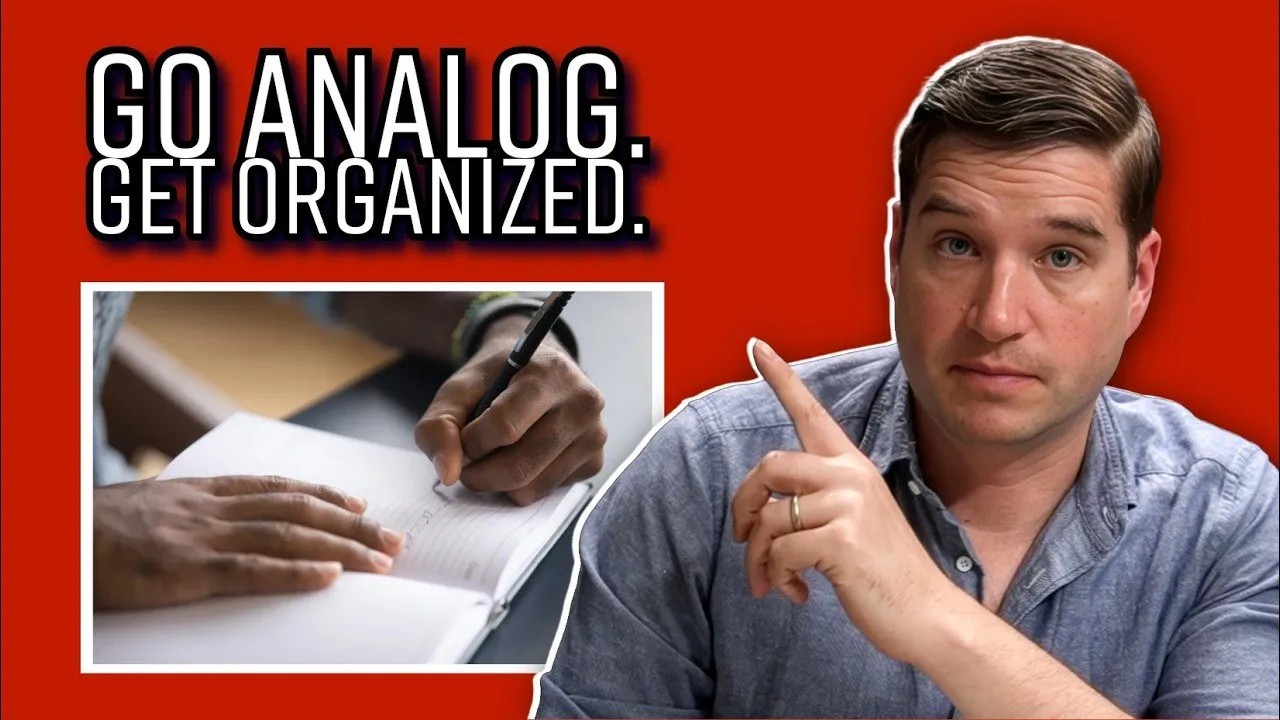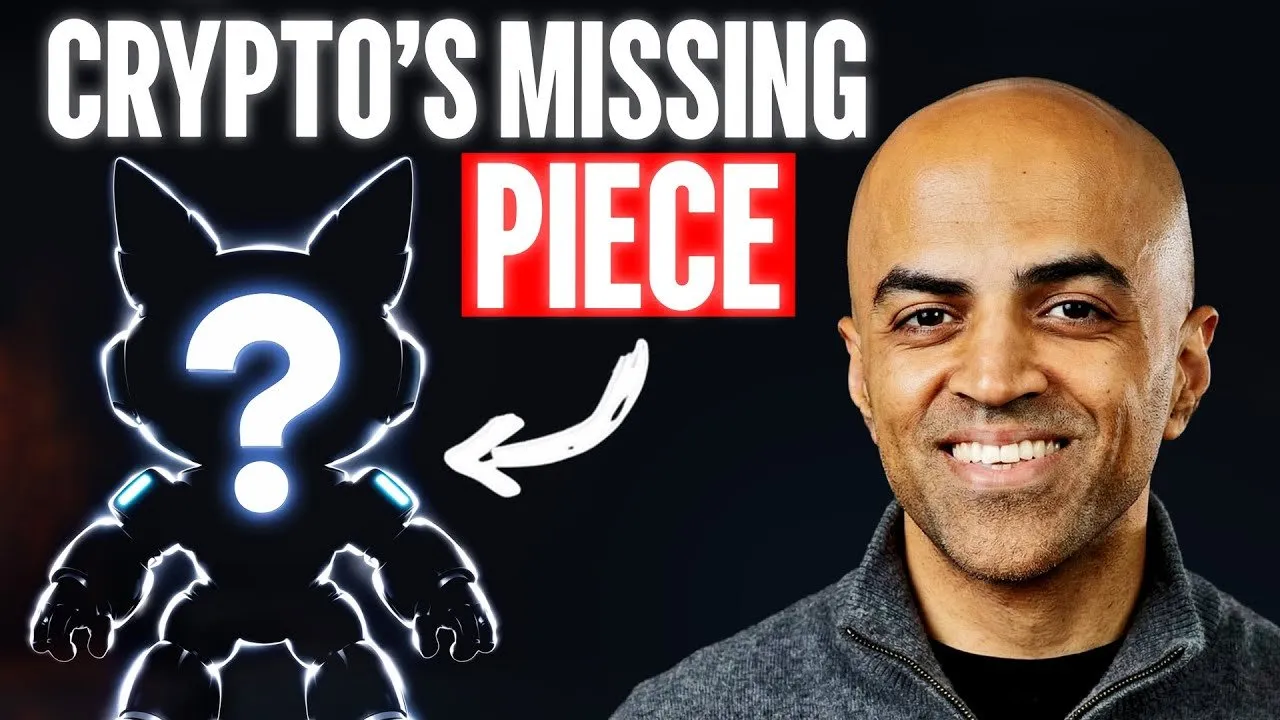Table of Contents
How Tom Murphy and Dan Burke transformed a tiny broadcaster into a media empire that outperformed CBS by 48x through radical decentralization and obsessive cost control.
Timeline Overview
- 00:00–15:00 — Early Career Foundation: Murphy's transition from Lever Brothers to running a bankrupt TV station at age 29 with no broadcast experience, turning it profitable in 3 years
- 15:00–30:00 — Building the Partnership: Hiring Dan Burke as replacement manager, establishing division of labor with Murphy handling capital allocation and Burke managing operations
- 30:00–45:00 — Growth Through Focus: Selective acquisition of radio and TV stations, newspapers, and cable properties while competitors diversified into unrelated businesses
- 45:00–60:00 — Operational Philosophy: Extreme decentralization with "anorexic" corporate staff, hiring best people and leaving them alone, forever cost conscious culture
- 60:00–75:00 — Share Repurchasing Strategy: Aggressive stock buybacks during 1970s bear market, purchasing nearly 50% of outstanding shares at single-digit P/E ratios
- 75:00–90:00 — The ABC Acquisition: $3.5 billion purchase representing 100% of company equity, improving ABC margins from 30% to 50% in two years through operational excellence
- 90:00–105:00 — Capital Allocation Mastery: Patient approach to acquisitions, unusual negotiating style, willingness to make large concentrated bets with high conviction
- 105:00–120:00 — Disney Exit and Legacy: $19 billion sale after 30 years, delivering $24 return for every dollar invested, demonstrating power of focused excellence
Key Takeaways
- Murphy and Burke created the ultimate partnership with clear division of labor - Burke generated free cash flow, Murphy allocated it strategically
- Their contrarian approach focused on media businesses they understood deeply rather than following diversification trends into unrelated industries
- Extreme cost consciousness treated every hiring decision as a lifetime $3 million commitment, not just annual salary expense
- Decentralized management philosophy gave local managers complete autonomy as long as they hit numbers and stayed cost conscious
- Share repurchasing during market downturns proved more valuable than most acquisitions, generating 22.4% annual returns over 19 years
- The ABC acquisition demonstrated how operational expertise enabled transformative deals that competitors couldn't execute profitably
- Their culture attracted and retained top talent because "the system corrupts you with so much autonomy and authority you can't imagine leaving"
- Warren Buffett's $24 return analogy showed how superior management can overcome massive size disadvantages through disciplined execution
- Patient capital allocation meant waiting years for perfect opportunities rather than making frequent mediocre deals
The Ultimate Management Partnership: Complementary Skills in Action
Murphy and Burke created perhaps the most effective management partnership in business history through clear role definition and complementary expertise. Their success demonstrated how proper division of labor could maximize both operational efficiency and strategic effectiveness.
- Murphy focused exclusively on acquisitions, capital allocation, and strategic decisions while Burke handled all daily operations and efficiency improvements
- Burke's job was explicitly defined as "creating free cash flow" while Murphy's responsibility was "spending it" wisely on growth opportunities
- Neither manager interfered in the other's domain, creating clear accountability and preventing the decision-making confusion common in partnerships
- Burke's operational expertise came from hands-on experience managing individual stations, giving him credibility with local managers throughout the organization
- Murphy's capital allocation skills developed through decades of evaluating potential acquisitions and understanding media business economics at a deep level
- The partnership lasted 30 years without conflict because both men respected each other's expertise and stayed within their defined roles
- Their complementary personalities worked perfectly - Burke enjoyed detailed operational work that Murphy found tedious, while Murphy thrived on strategic decisions Burke preferred to avoid
Focus Versus Diversification: The Contrarian Strategy That Won
While competitors like CBS diversified into unrelated businesses during the conglomerate era, Murphy and Burke doubled down on media properties they understood deeply. This focused approach created sustainable competitive advantages that diversified competitors couldn't match.
- CBS used network cash flows to buy unrelated businesses like toy companies and the New York Yankees, diluting management attention and expertise
- Capital Cities stayed exclusively in advertising-driven businesses with similar economic characteristics - TV stations, radio stations, newspapers, and cable properties
- The focused strategy allowed Murphy to develop genuine operational expertise over 30 years, giving him conviction for major acquisitions like ABC
- Understanding media business economics deeply enabled better acquisition decisions because Murphy could accurately predict post-purchase performance improvements
- Staying in related businesses created operational synergies where best practices from one property could be applied across the entire portfolio
- The "rollup" strategy worked because Murphy moved slowly and developed real expertise rather than growing rapidly through unfamiliar acquisitions
- Focus enabled the company to maintain consistently high margins across all properties because management understood the key profit drivers in advertising-based businesses
Extreme Cost Consciousness: The Competitive Advantage of Efficiency
Murphy and Burke built a culture of relentless cost control that treated every expense as a permanent commitment rather than temporary cost. This philosophy created sustainable competitive advantages through superior margins and financial flexibility.
- The famous $3 million hiring decision framework calculated lifetime employee costs including salary increases, benefits, and even additional toilet paper usage
- Burke reduced ABC's station oversight staff from 60 people to 8 people, demonstrating how bloated corporate structures could be streamlined without losing effectiveness
- Headquarters staff remained "anorexic" with no vice presidents in functional areas like marketing, strategic planning, human resources, legal, or public relations
- Local managers understood they needed to be "forever cost conscious" because controlling costs was the only reliable defense against revenue volatility in advertising businesses
- Murphy personally scrutinized paint purchases, approving repainting only the two sides of buildings facing roads while leaving other sides untouched
- The culture extended to executive behavior - Murphy took cabs instead of limousines, setting examples that rippled throughout ABC's previously luxury-focused culture
- Cost consciousness wasn't about being cheap but being careful - they invested heavily in market-leading positions while eliminating unnecessary overhead
Radical Decentralization: Autonomy as Competitive Advantage
Capital Cities operated with extreme decentralization that gave local managers unprecedented autonomy and authority. This approach attracted exceptional talent while keeping corporate overhead minimal and decision-making fast.
- The company philosophy was printed in every annual report: "Hire the best people we can and give them the responsibility and authority they need to perform their jobs"
- Local publishers and station managers had complete operational control as long as they hit financial targets and remained cost conscious
- Burke stopped sending weekly reports to Murphy after receiving no responses for months, realizing his time was better spent on local operations than corporate reporting
- The decentralized structure meant Capital Cities could operate more profitably than competitors, creating advantages in acquisition competitions
- Murphy "delegated to the point of anarchy" because he understood that talented managers performed better with freedom than with oversight
- Corporate headquarters held only annual meetings focused on line-by-line budget reviews, with particular attention paid to capital expenditures and margin performance
- The minimal corporate structure allowed rapid decision-making and eliminated the bureaucracy that slowed down larger competitors like CBS
Strategic Share Repurchasing: Creating Value Through Capital Allocation
Murphy's aggressive share repurchasing program during the 1970s bear market demonstrated superior capital allocation that generated exceptional returns while positioning the company for future growth opportunities.
- Capital Cities repurchased nearly 50% of outstanding shares, most at single-digit price-to-earnings multiples during the extended bear market of mid-1970s to early 1980s
- The $1.8 billion spent on share buybacks generated 22.4% annual returns over 19 years, outperforming most acquisition opportunities available during that period
- Murphy's approach to repurchasing was opportunistic rather than formulaic, concentrating purchases when shares traded at obviously attractive valuations
- Share buybacks increased the ownership percentage of remaining shareholders in a growing, profitable business without requiring operational integration
- The reduced share count amplified earnings per share growth and provided flexibility for future acquisitions by creating additional debt capacity
- Murphy later said "I only wish I had bought more" shares, indicating how valuable these repurchases proved relative to other available investments
- The program demonstrated patient capital allocation - Murphy was willing to return capital to shareholders rather than make suboptimal acquisitions just to deploy cash
The ABC Acquisition: Operational Excellence Enabling Transformative Deals
The $3.5 billion ABC purchase represented Murphy's masterpiece in combining strategic vision with operational capability. The deal demonstrated how deep industry expertise could justify enormous concentrated bets.
- The acquisition was the largest non-oil transaction in business history at the time, representing over 100% of Capital Cities' enterprise value
- Murphy's conviction came from understanding exactly how Burke could improve ABC's TV station margins from the low 30s to Capital Cities' industry-leading 50%+ levels
- The deal required financing from Warren Buffett, demonstrating the importance of having patient capital partners for transformative opportunities
- Burke's execution was flawless - ABC station margins reached Capital Cities levels within just two years through headcount reduction and operational improvements
- The cultural transformation was immediate, with ABC executives switching from limousines to cabs following Murphy's personal example
- Wall Street initially called it "The Minnow Swallows the Whale" but the operational improvements validated Murphy's confidence in the deal structure
- The acquisition demonstrated how companies with superior operational capabilities could successfully integrate much larger competitors
Patient Capital Allocation: Quality Over Quantity in Deal-Making
Murphy's approach to acquisitions emphasized careful selection and patient waiting over frequent deal-making. This discipline ensured that each major acquisition contributed significantly to long-term value creation.
- Murphy spent the majority of his time prospecting for deals, developing relationships with owners of desirable properties over many years
- He never used investment bankers, preferring direct relationships with sellers to understand their motivations and build trust
- Murphy's negotiating style was unusual - he would accept fair initial offers immediately or counter with his best price once, walking away if rejected
- The company made only a handful of large acquisitions over 30 years, but each represented 25% or more of market capitalization at the time
- Murphy was willing to wait extended periods for attractive opportunities rather than making suboptimal deals to deploy available capital
- His philosophy was "I get paid not just to make deals but to make good deals," prioritizing quality over quantity in capital allocation decisions
- The patient approach allowed Murphy to be highly selective, focusing only on properties that met strict criteria for profitability and strategic fit
Building an Ownership Culture: Alignment Through Equity and Autonomy
Capital Cities created a culture where managers thought and acted like owners through meaningful equity participation combined with operational autonomy. This alignment drove exceptional long-term performance across all properties.
- The company specifically hired "talented younger foxes with fresh perspectives" rather than prioritizing direct industry experience
- Managers received significant equity ownership and were given complete operational control, creating powerful incentives for long-term value creation
- Low employee turnover demonstrated the effectiveness of the culture - competitors never received résumés from Capital Cities employees
- The system "corrupted" managers with so much autonomy and authority that leaving became unthinkable despite competitive job offers
- Bob Iger was hired at 37 to run ABC Entertainment despite having no entertainment experience, demonstrating confidence in intelligence and drive over specific expertise
- Local managers had "power and prestige" within the organization and rarely heard from New York headquarters if they met performance targets
- A bartender at company retreats bought Capital Cities stock because "you couldn't tell who the bosses were," indicating how flat and egalitarian the culture appeared
Conclusion
Tom Murphy and Dan Burke's success at Capital Cities demonstrated that superior management could overcome enormous competitive disadvantages through disciplined focus, operational excellence, and patient capital allocation. Their $24 return over 30 years showed how consistently applied principles - extreme decentralization, relentless cost control, strategic acquisitions, and share repurchasing - could compound into extraordinary wealth creation. Warren Buffett's admiration for their partnership reflected not just financial results but the elegance of their approach: hire exceptional people, give them complete autonomy, stay focused on businesses you understand deeply, and never stop being cost conscious. Their legacy proves that in business, execution excellence matters more than starting advantages.
Practical Implications
- For Partnership Structures: Clear role division with complementary skills prevents conflicts while maximizing effectiveness - one partner should focus on operations while the other handles strategy and capital allocation
- For Cost Management: Treat every expense as a permanent commitment rather than temporary cost, calculating lifetime implications of hiring and spending decisions
- For Organizational Design: Extreme decentralization with minimal corporate overhead can attract better talent while reducing bureaucracy and increasing decision-making speed
- For Capital Allocation: Patient waiting for exceptional opportunities generates better returns than frequent mediocre deals, with share repurchasing often superior to available acquisitions
- For Acquisition Strategy: Deep industry expertise enables confident evaluation of large transformative deals that competitors cannot assess or integrate successfully
- For Cultural Development: Combining meaningful equity ownership with operational autonomy creates owner-like thinking throughout the organization while maintaining accountability for results





